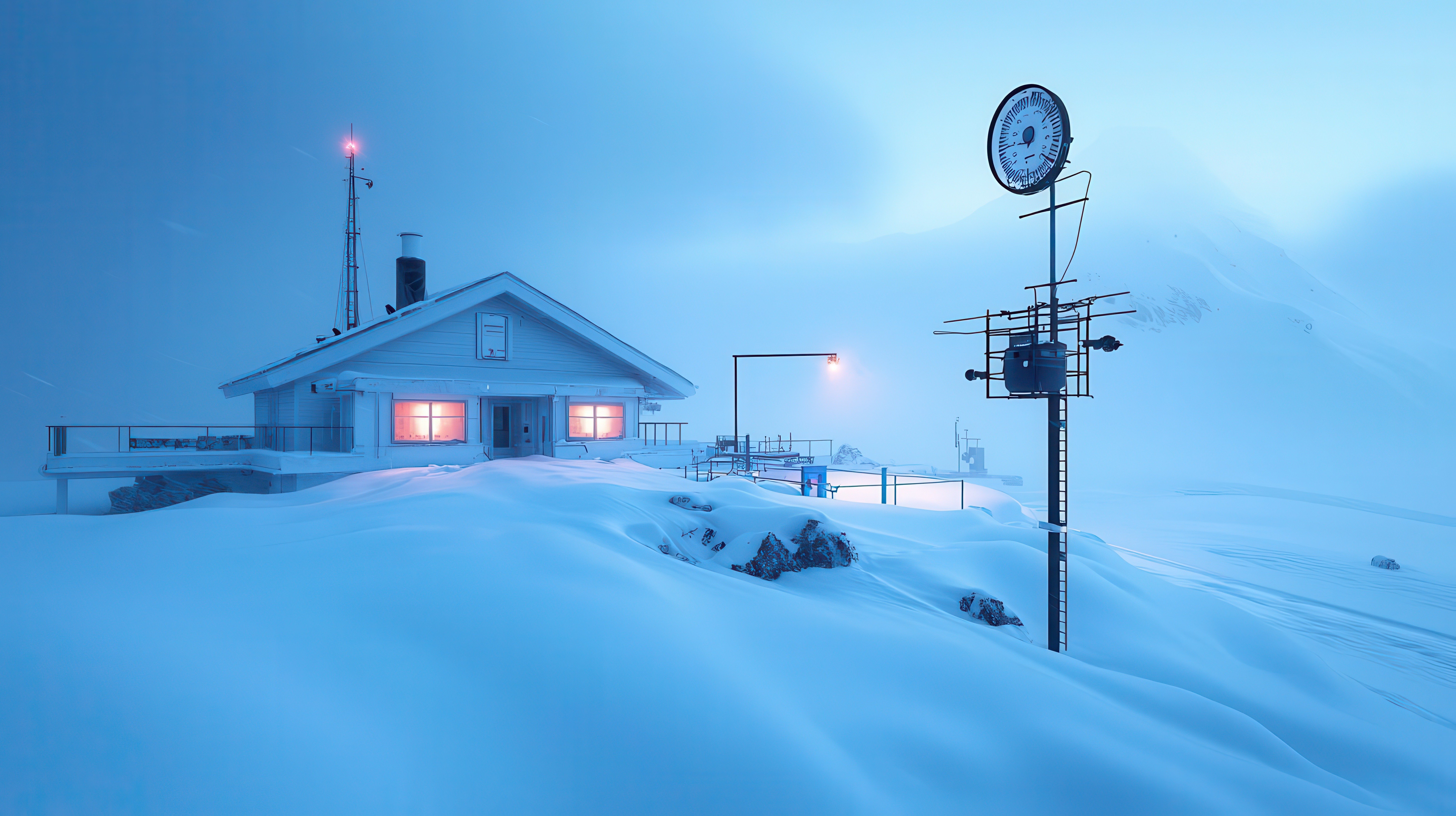
How Optical Technology Keeps Us Safe in Winter Weather
Winter brings a unique set of challenges, from unpredictable snowstorms to icy road conditions. Advances in optical technology are helping communities navigate these hazards with greater precision and safety. By powering weather-monitoring and safety systems, optical filters and coatings are critical to staying ahead of winter’s curve. Let’s explore how these technologies are applied to solve real-world problems and ensure preparedness.
Forecasting Snowstorms with Spectral Imaging
Accurate weather forecasting depends on advanced tools like spectral imaging systems, which analyze light across various wavelengths to reveal detailed atmospheric data. These systems can detect cloud density, moisture levels, and snowfall patterns, providing valuable insights for meteorologists. Optical filters enhance this process by isolating specific wavelengths, ensuring data accuracy and reliability. With better forecasts, communities gain crucial time to prepare for snowstorms and mitigate their impact on infrastructure and safety.
Improving Road Safety with Optical Sensors
Winter road conditions present significant risks, from black ice to reduced visibility. Roadway monitoring systems equipped with optical sensors use infrared filters to detect subtle temperature changes and surface reflectivity, identifying icy patches and poor traction areas. These sensors provide real-time data to traffic management systems, alerting drivers to hazardous conditions. By improving situational awareness, these technologies reduce the likelihood of accidents and ensure smoother winter travel.
Enhancing Winter Safety with LIDAR Systems
LIDAR (Light Detection and Ranging) technology is a powerful tool for addressing winter travel challenges. By emitting laser pulses and analyzing their reflections, LIDAR systems create detailed 3D maps, enabling:
- Safer Road Travel: LIDAR detects snow-covered obstacles or ice patches, assisting vehicles, including autonomous ones, in navigating safely through reduced visibility conditions.
- Efficient Snow Removal: Snowplows equipped with LIDAR sensors can
 assess snow depth and distribution, enabling optimized clearing routes and faster road restoration.
assess snow depth and distribution, enabling optimized clearing routes and faster road restoration. -
Proactive Roadway Safety: By monitoring road surfaces for winter-induced damage like cracks or potholes, LIDAR helps maintenance crews prioritize repairs, improving safety and reducing long-term costs.
Advanced optical coatings and filters ensure LIDAR systems maintain performance even in harsh winter environments, overcoming challenges like ice buildup and moisture exposure.
Applications Beyond Weather Monitoring
The technologies that help manage winter weather also have far-reaching applications in environmental research and climate studies. Satellite-based systems equipped with optical filters monitor changes in polar ice caps and assess snowfall’s impact on ecosystems, contributing to a broader understanding of our planet’s dynamics. These insights are essential for addressing long-term climate challenges.
The Importance of Durable Optical Filters
Winter weather places significant demands on optical equipment, requiring filters and coatings that can withstand extreme cold, moisture, and  temperature fluctuations. Precision-engineered optical components are essential for maintaining the accuracy and reliability of weather-monitoring and safety systems throughout the season.
temperature fluctuations. Precision-engineered optical components are essential for maintaining the accuracy and reliability of weather-monitoring and safety systems throughout the season.
Supporting Safer Winters with Optical Technology
From forecasting storms to improving road safety, optical technology plays a vital role in managing winter weather. Reliable filters and coatings ensure these systems perform consistently, enabling communities to stay safe and prepared.
Andover Corporation specializes in optical filters and coatings designed for demanding applications, including winter weather technologies. With a vertically integrated manufacturing process and a commitment to quality, we deliver solutions that enhance the performance and durability of critical systems. To learn more about how our products can support your winter weather needs, visit our website or contact our team today.
